“How far is Mafa from here?” I ask the soldier seated next to me, a hoarsely-voiced, tough-talking, sturdy man who spoke with a thick yet sonorous Igbo accent.
“Mafa is not far,” he replies. “We will be there in an hour.”
Of course I knew. Only that I didn’t say it.
I am not the most frequent talker whenever I find myself in any group; I am even more rigid with that rule when it’s a group of journalists. Usually — and it happened many times during this trip — my silence is misconstrued for timidity. Occasionally, it is seen as humility. But it is neither.
Advertisement
It is simply my way of studying my environment, of deeply understanding my company, of picking their brains. And yes — pardon my brazen honesty — of also noting the unintelligent talk around (As I have come to notice, over time, the bulk of public talk, especially among journalists, is more of grandstanding than genuine intellectually-oriented conversations.). In my silence, I’m often at a vantage point to have known a thing or two about the people around me, and also to be sure I do not spit garbage when I finally open my mouth.
I can’t remember exactly when I adopted that rule for my public conduct, but I do remember Nkanu Egbe, a former boss, telling back in 2011 of how Azubuike Ishiekwene usually kept mum when with journalists, but always ended up producing the best stories of the lot. Like the rest of us, Azu, as he is fondly known, is not faultless. But you couldn’t fault his brilliance on the job. And Azu, by the way, was the first Nigerian journalist to attract my notice, with his riveting Tuesday columns way back in one of the inside pages of Punch – long before it was moved to the back page….
FROM BAMA TO MAFA
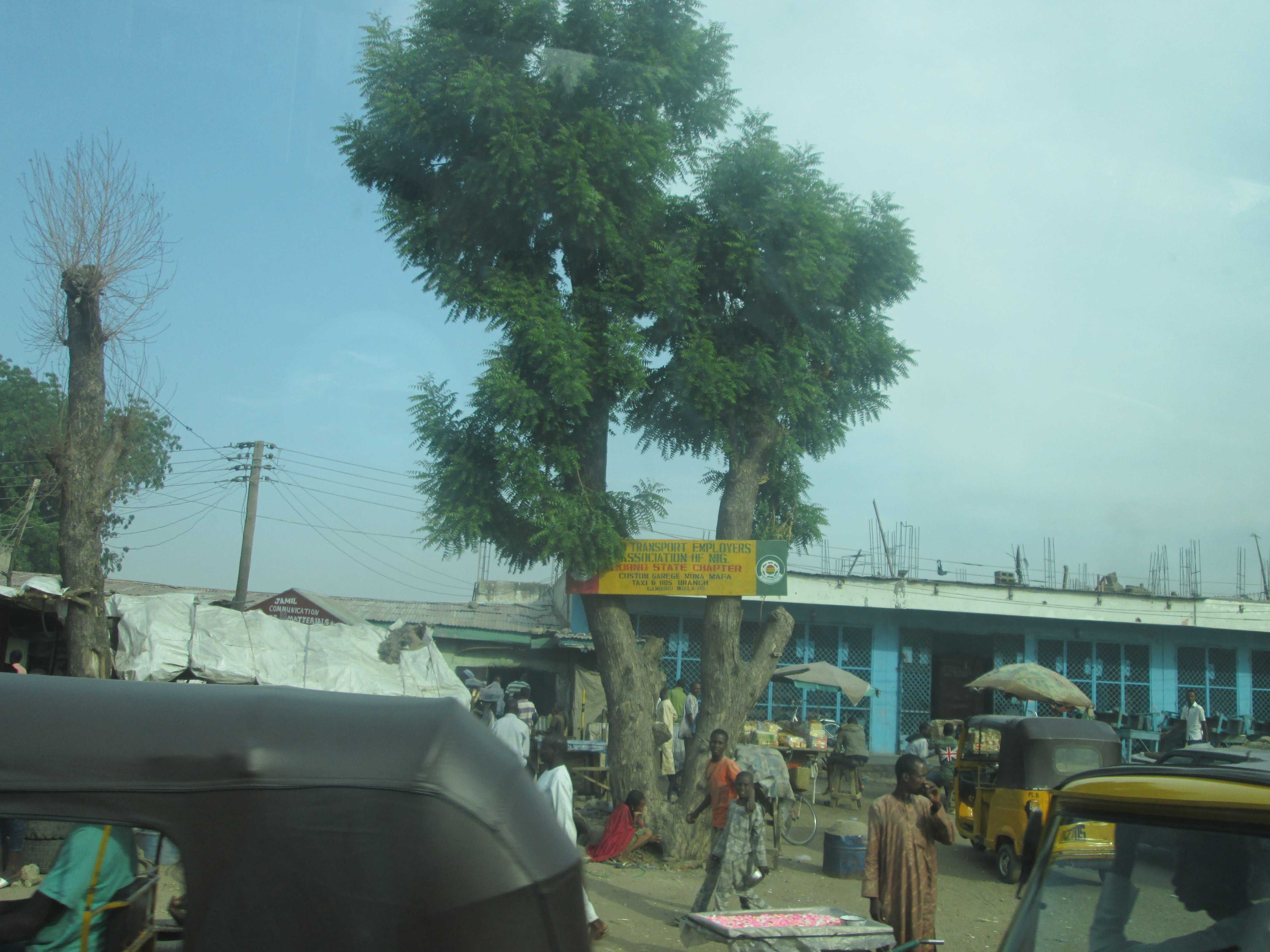
The driver turns on the engine, after a head count to be sure everyone is in. I raise my head out of the window one more time: Bama Road. Familiar territory, actually. I was around here just in May 2016; I was here back in May 2014, shortly after the abduction of the Chibok girls; I knew I would also be here again in a matter of days – for what reason, you will find out in the fullness of time.
Advertisement
No sooner had we taken off than we began to experience how insurgency had devastated Maiduguri, and the vile tactics with which insurgents operated in their heyday.
“You see those trees over there,” the soldier says, motioning the travelling team to the other side of the road, “Boko Haram members often hid on top of them and fired bullets at civilians and soldiers”.
“It went on for a long time, up till early 2015,” he continues. “But we’ve driven them away, else you won’t find here these people involved in buying and selling.”
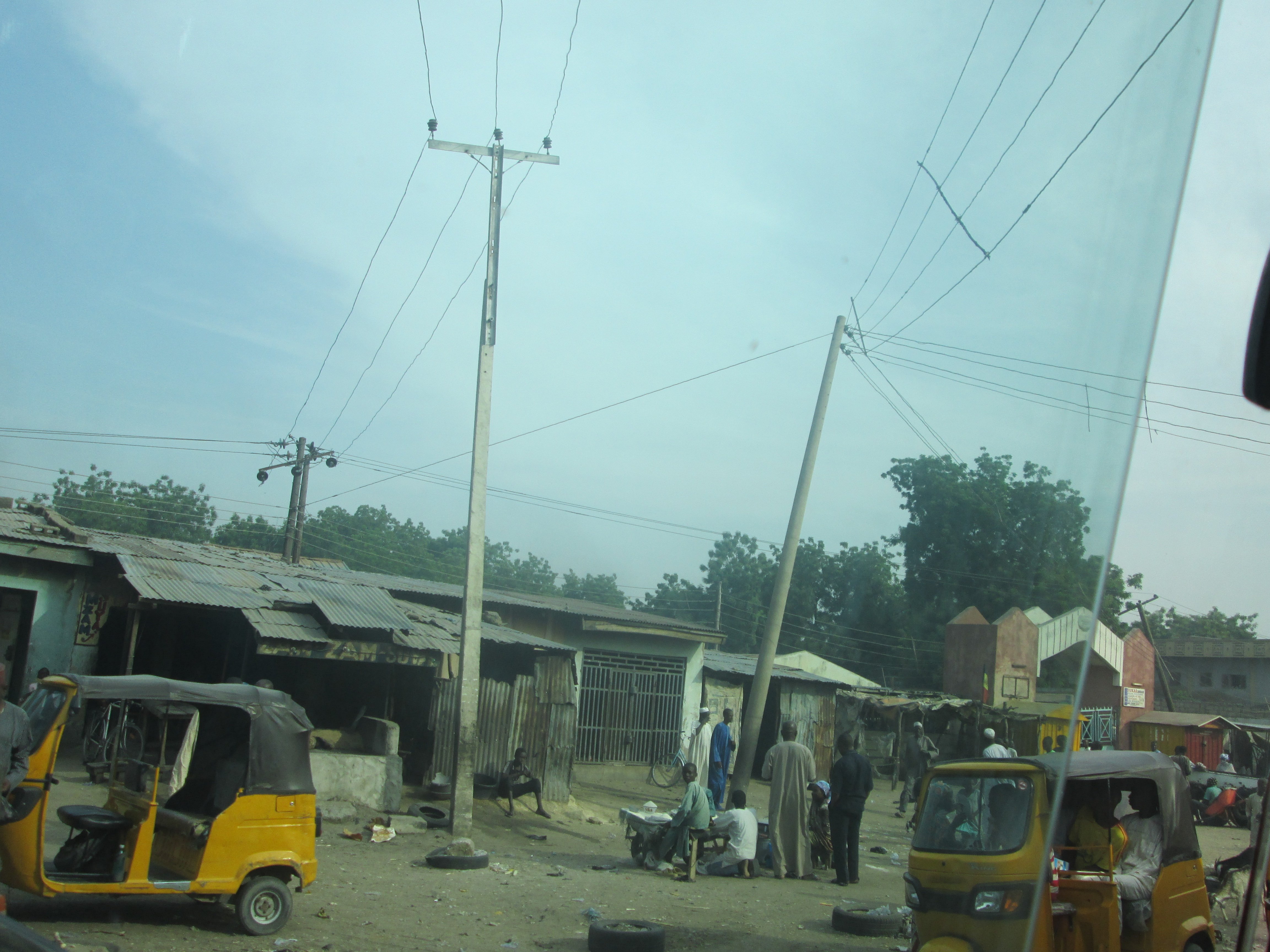
For the rest of the trip, the soldier hardly needed to point out other signs of the damage of insurgency; they were so obvious that they rendered words superfluous. For virtually every trace of former or present human living, there was a corresponding trace of insurgency. All houses, shops and buildings were bullet-ridden, for at least the first 100km of the journey or thereabouts. The exceptions — and they were few and far between — were the buildings that were reconstructed after the army chased the insurgents to the peripheries of the state.
Advertisement
About 15 minutes into the journey, we arrive a military roadblock where we needed to seek clearance before we could continue.
“Two by 14,” the soldier blurts out to one of his colleagues manning the checkpoint.
“Two by 14? I ask naively. “But there aren’t 28 passengers in this vehicle.”
“Yes, two by 14,” he answers, softly. “Two officers, 14 civilians.”
Advertisement
BOKO HARAM’S TOPOGRAPHY ADVANTAGE
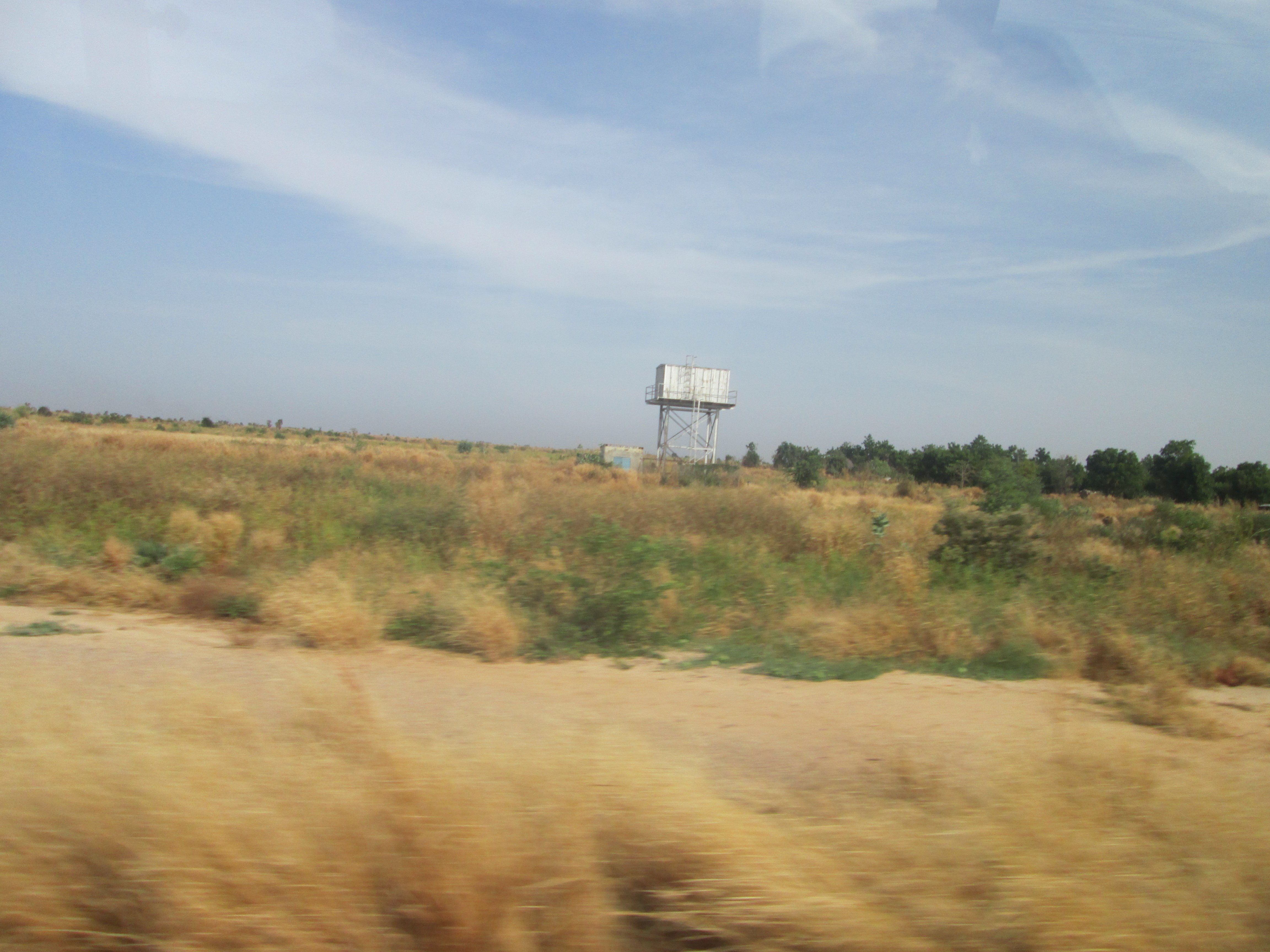
We’re flagged on, and in a moment we leave civilization behind. From then on, it’s an undulating expanse of forest by our right and left, land so bumpy and undefined that a stranger would have a hard time navigating.
“You see this complicated topography? That’s one of the reasons why it is so difficult to fight Boko Haram,” the soldier says on noticing the curiosity in my eyes. “You attack these Boko boys from one end and they flee, but because they know the landscape more than you do, they find another route and they suddenly reappear behind you.”
Advertisement
Not the first time I’d heard that. In May, a soldier shot by Boko Haram in the leg had narrated to me how topography played a role in his fall to Boko Haram’s bullets in December 2015.
“Forty soldiers had conquered a village near Alafa and were preparing to advance to Alafa when hundreds of insurgents attacked us,” he had said.
Advertisement
“When they attacked us, we pinned down and we were launching. But because they knew the location more than we did, they took another route and suddenly started attacking us from our rear.
“I was firing mortar, the 60mm; that is why they were looking for me. I fired two bombs already, and I got many of them. When they hit me, I tried to run but no way, so I fell down because the thing broke my bone. The bullet charged through my bone.”
Advertisement
FINALLY IN MAFA
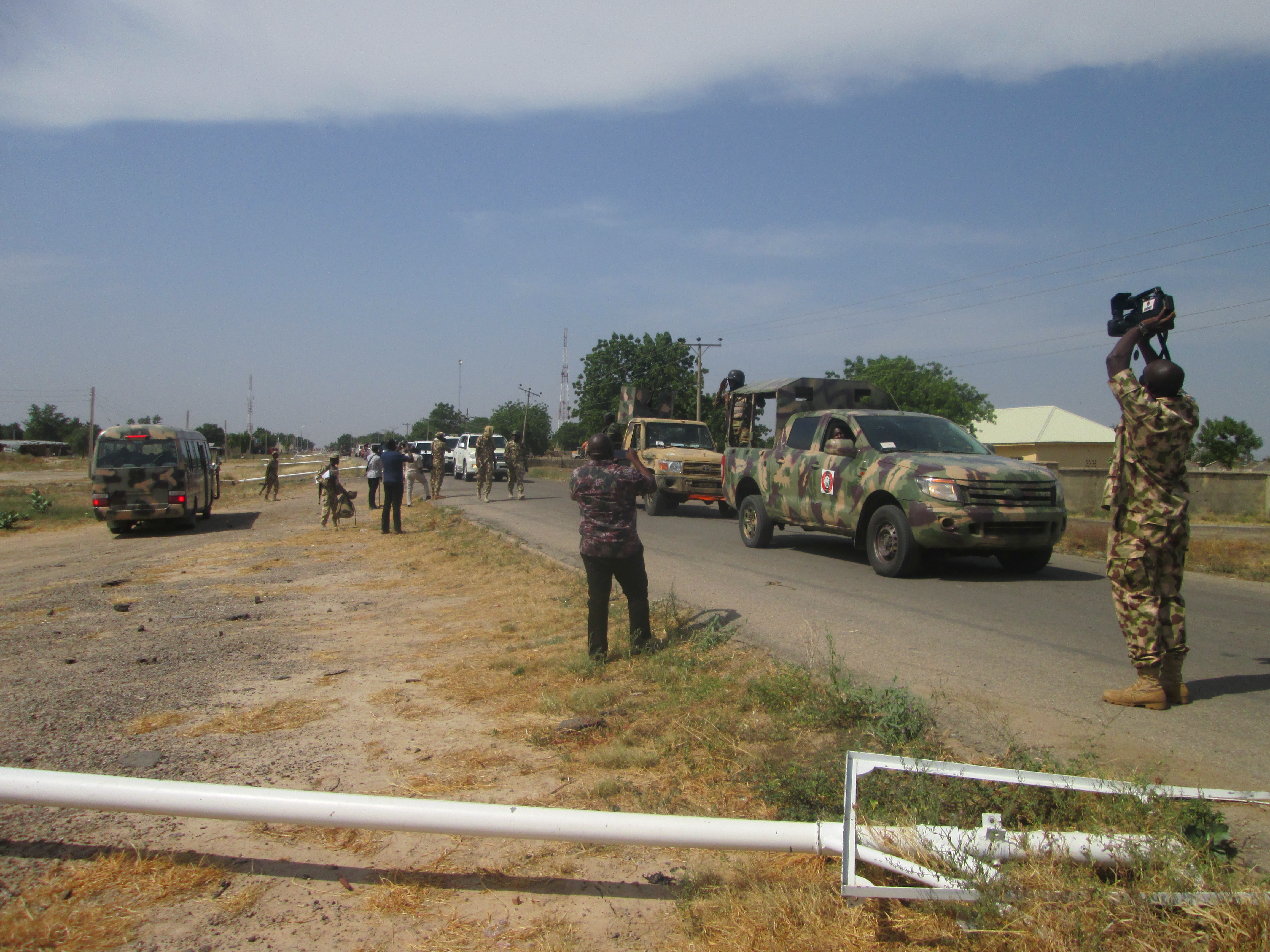 We arrive Mafa to the cheery company of dozens of soldiers for whom I suspect such visit was no everyday occurrence.
We arrive Mafa to the cheery company of dozens of soldiers for whom I suspect such visit was no everyday occurrence.
“Welcome sir,” one screams from outside as the bus laden with newspaper editors screeches to a halt.
Bruce Egbulem, a lieutenant-colonel and commanding officer of the 112 TF Battalion at Mafa, leads us to a conference room where he proudly lists the achievements of the battalion since its induction into Operation Lafiya Dole in August 2014.
“After the takeover of this place, this particular route has been used to induct and deploy so many other units ahead of us, and that has helped the Nigerian army to expand and hold more captured territories, thereby making it impossible for the terrorists to have what I call ‘freedom of action,’” Egbulem, a tall, fair-complexioned, robustly-built officer says, flashing his eyes from an end of the room to another to be sure his guests were soaking in the weight of his battalion’s successes since recapturing Mafa from insurgents on March 4, 2015.
“So many units, even in the Bama axis, went through this route, and we kept it safe for them. They went through it to capture the likes of Gwoza, Pulka and many other places.
“We have also helped in liberating several civilians held hostage by Boko Haram — so many of them women, children and the elderly.
“We have overseen the destruction of several terrorist camps in the Mafa general area, Dikwa and Gamboru-Ngala on the Nigerian border. We have also captured arms and ammunition, thereby reducing the fighting efficiency of the terrorists. If these things were still in their hands, it is possible they would still have that military capability.”
His 112 Tf Battalion, he adds, has coordinated the successful return of locals and Internally Displaced Persons (IDPs) to Mafa, while also participating in the recapture of Chibok and the reinforcement of Konduga.
“We secure the routes, thereby creating a favourable condition for economic activities to kick-start the rebuilding of Mafa, such as the occasional buying and selling you noticed on your way here,” he says.
“We’re creating the conditions for them to go to town, buy their wares and return here to sell them.”
GOODBYE TO MAFA
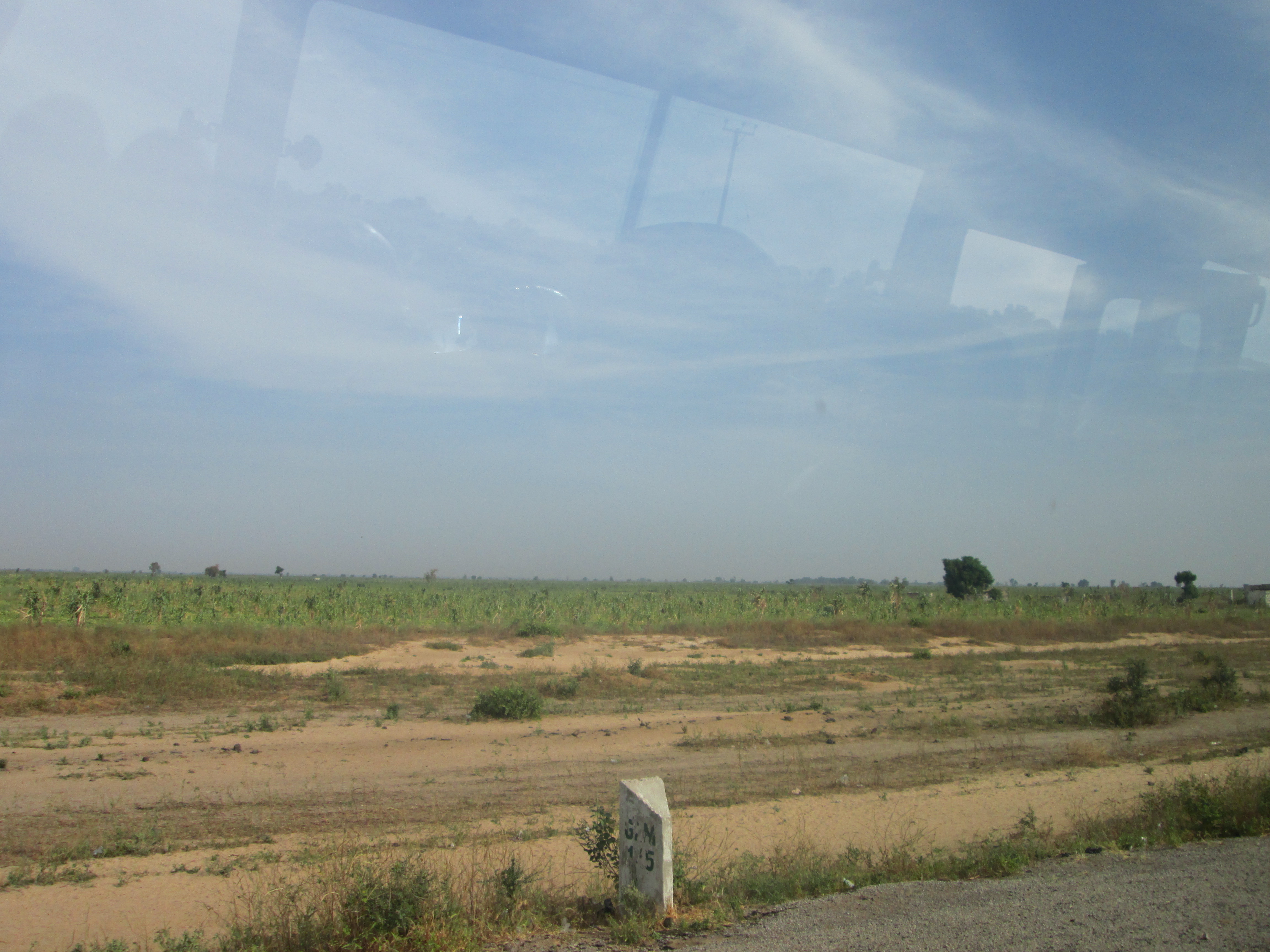 The return trip to Maiduguri was more relaxed, majority of the team already tired and having had their curiosities satisfied. But it was a far busier period for me, speaking in terms of introspection. I asked a few questions from the soldier as we left Maiduguri for Mafa; returning to Maiduguri from Mafa helped me test the validity of the answers he and Egbulem gave and the rest of the travelling team. And on the strength of relics of wanton destruction once perpetrated in that zone by Boko Haram, one didn’t need to be told that the Maiduguri-Mafa stretch was once a no-go area firmly in the grip of insurgents.
The return trip to Maiduguri was more relaxed, majority of the team already tired and having had their curiosities satisfied. But it was a far busier period for me, speaking in terms of introspection. I asked a few questions from the soldier as we left Maiduguri for Mafa; returning to Maiduguri from Mafa helped me test the validity of the answers he and Egbulem gave and the rest of the travelling team. And on the strength of relics of wanton destruction once perpetrated in that zone by Boko Haram, one didn’t need to be told that the Maiduguri-Mafa stretch was once a no-go area firmly in the grip of insurgents.
In any case, no one needed to travel as far as Mafa to envision the gains of the army over Boko Haram. My eyes almost popped out of their sockets when, at about 9pm that same day, I noticed the boisterous movement of people in Maiduguri. When I first set foot on the town in May 2014, no one dared it. No one dared step out of his house after 6pm! The newfound freedom is credit to the army, whose men continue to give up both their lives and the essence of their living in exchange for peace in the north-east.
Not to say, though, that it is already Uhuru. As I confirmed and stated in my five-part ‘Forgotten Soldiers series’, the army must deal with corruption in its hierarchy while the federal government must bolster the army with modern-day, sophisticated equipment if the gains of this war must be consolidated. As it is far easier to destroy than it is to be build, dropping the ball could hand the upper hand to the insurgents, who remnants are still present on the fringes of Borno and Nigeria’s porous borders with neighbouring Chad, Niger and Cameroon. May such day never come!
1 comments

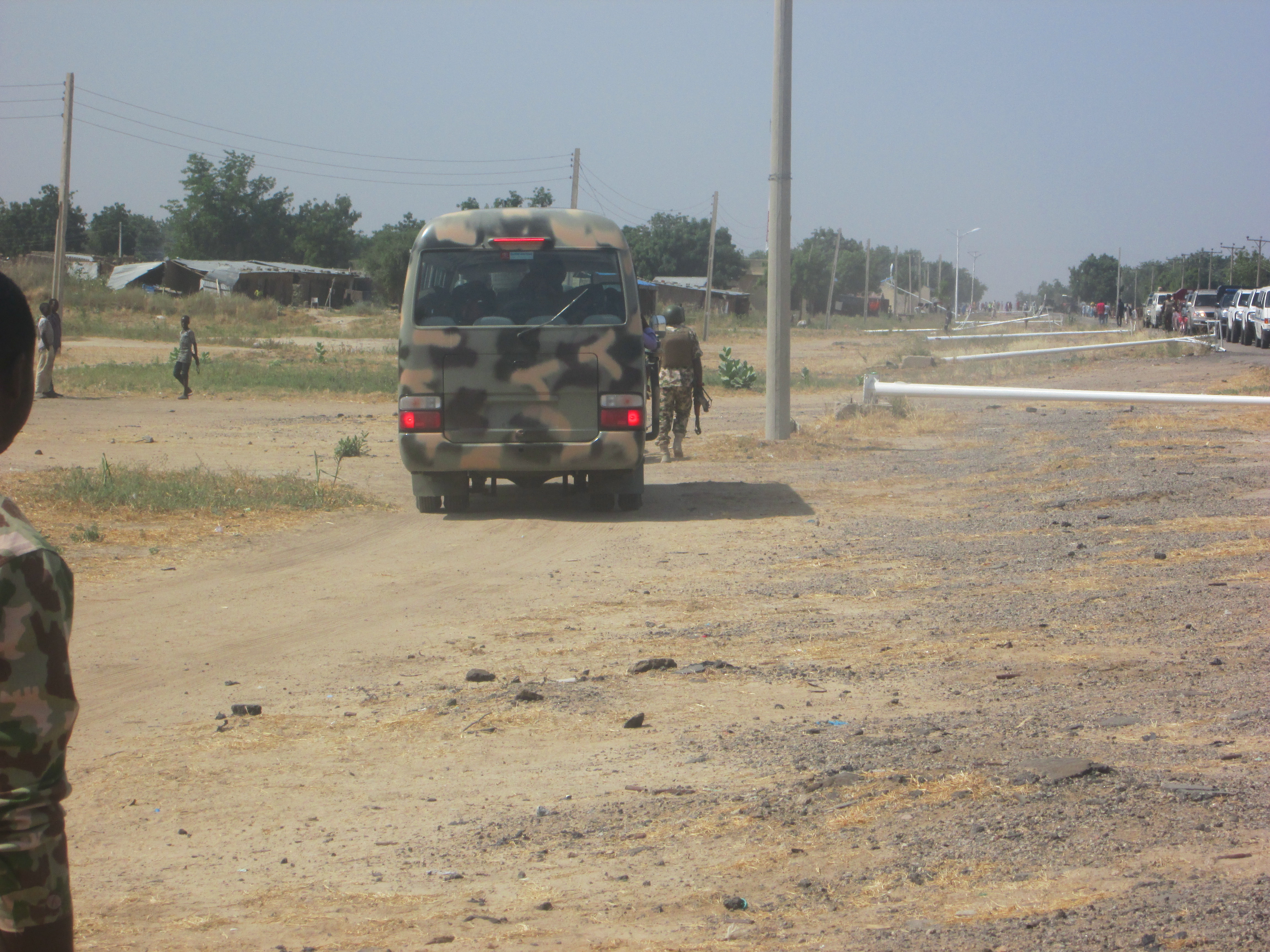

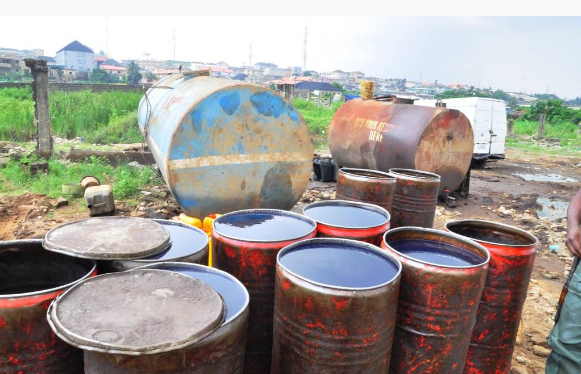
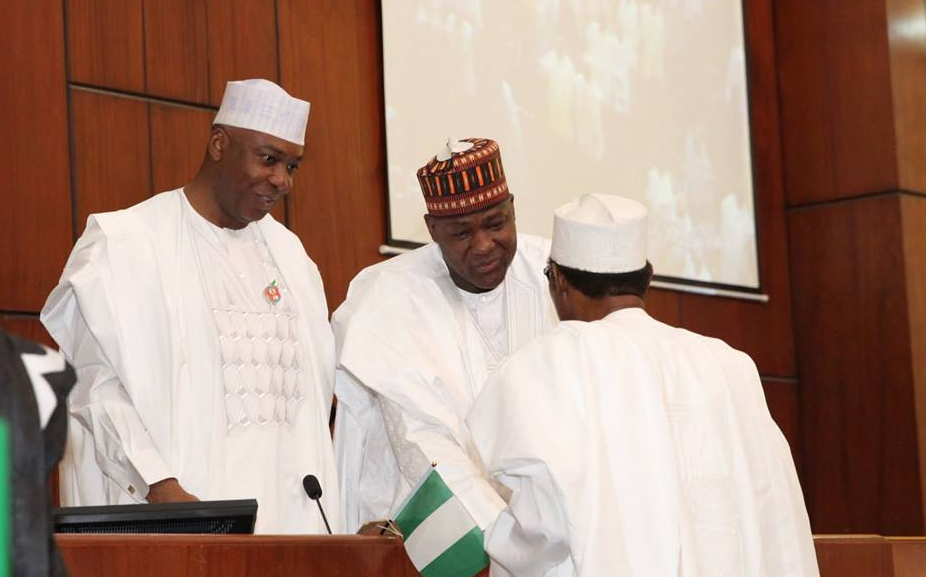

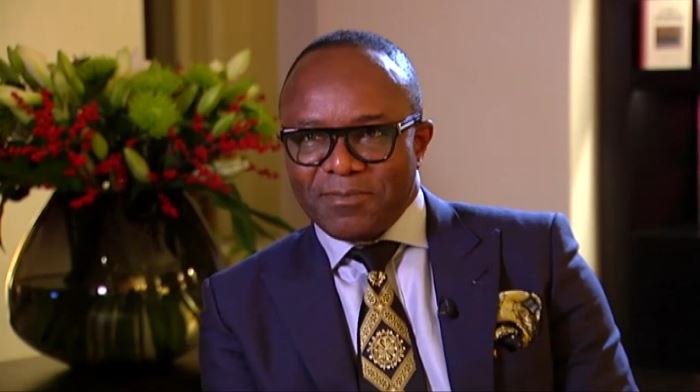

Brilliant writeup! Yes, very captivating.